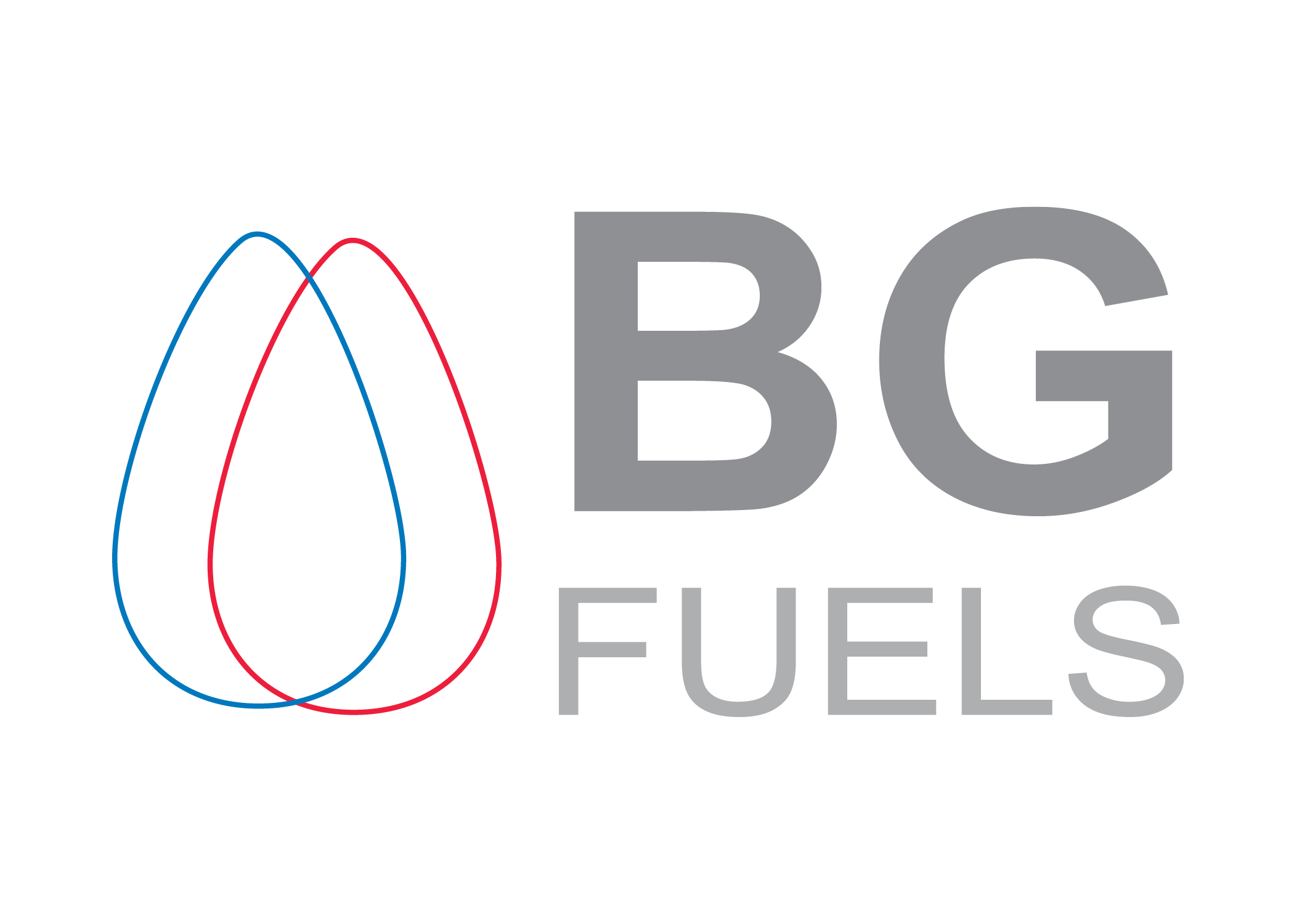Canadians Are Aspirational Consumers - by Nik Nanos
March 27, 2019
A national survey conducted for the Canadian Independent Petroleum Marketers Association by Nanos Research explored a wide range of topics including impressions of hybrid gas vehicles, the oil and gas sector and consumer issues like credit card fees.
What’s clear is that Canadian are aspirational consumers. On the one hand they have environmental aspirations, and on the other hand are both pragmatic in their choices and skeptical about promises to reduce GhG emissions.
For example, in a head to head comparison, Canadians are more likely to have more favourable impressions of a hybrid electric gas vehicle over a vehicle that is electric only. More than eight of ten Canadians have a positive (45%) or a somewhat positive (38%) impression of hybrid gas vehicles compared to seven in ten Canadians that had a positive (41%) or a somewhat positive (30%) impression of electric only vehicles. Also of note, Canadians were more likely to report some likelihood to own or lease a hybrid electric gas vehicle (18% likely, 29% somewhat likely) than an electric only vehicle (18% likely, 18% somewhat likely). The key factors in interest in hybrid cars include the view that they are better for the environment and the better expected fuel economy. Top obstacles include negative perceptions related to cost, not looking to buy a car, uncertainty about the reliability of hybrid cars and the general preference for gas powered cars.
On the environmental side of the ledger Canadians generally support or somewhat support the government providing tax credits to citizens to encourage them to purchase electric vehicles and also the government setting higher clean fuel standards so that car emissions go down. Support for the higher clean fuel standards remains if it meant a higher price for gasoline.
Asked about ideas to reduce greenhouse gas emissions, 30% thought a cap and trade approach was best while 16% thought a new tax on carbon fuel (coal, gas, and natural gas) was the best path forward. Of note, the view that neither approach was likely to reduce GhG emissions was more popular than each of the initiatives (44% said neither). This suggests that for either a carbon tax or a cap and trade solution, Canadians are not persuaded either will accomplish the GhG reduction objective.
When it comes to perceptions of Canada’s oil and gas sector, the Nanos survey indicates that Canadians are divided. About just as many Canadians have a positive (21%) or somewhat positive (26%) impression compared to holding a negative (21%) or somewhat negative (27%) impression of the oil and gas sector. Very noticeable geographic divisions exist when it comes to the sector. The most positive impressions of the sector are in the energy rich Prairie provinces (65% positive and somewhat positive) while the lowest positive impressions were in Quebec (32% positive and somewhat positive). Positive unprompted impressions were driven by the view that the oil and gas sector was good for the economy and jobs and that the industry tries to limit environment impacts while negative views were driven by the perception that the sector was detrimental to the environment and were untrustworthy/profit driven.
On the consumer front, the vast majority of Canadians (88%) reported they are aware that merchants pay up to four percent of a transaction’s value in fees to large financial institutions and a comfortable majority support (49%) or somewhat support (25%) government regulation of credit card fees. Although overall support remains significant, the level of intensity has diminished in the past two years.
The Nanos study for CIPMA advances a complex view of Canadians. Yes, they are interested in vehicles that are believed to be better for the environment, but they are concerned about the cost. Concerned about cost, a majority like the concept of tax credits to purchase electric vehicles and higher clean fuel standards. Canadians are cross pressured when it comes to views of the oil and gas sector. On the one hand they believe the sector is not doing enough for the environment and on the other hand assert that the sector is good for the economy and jobs.
Although some might want to cast issues as black and white. Canadians are weary of promises to reduce GhGs and understand that things are more nuanced.




















